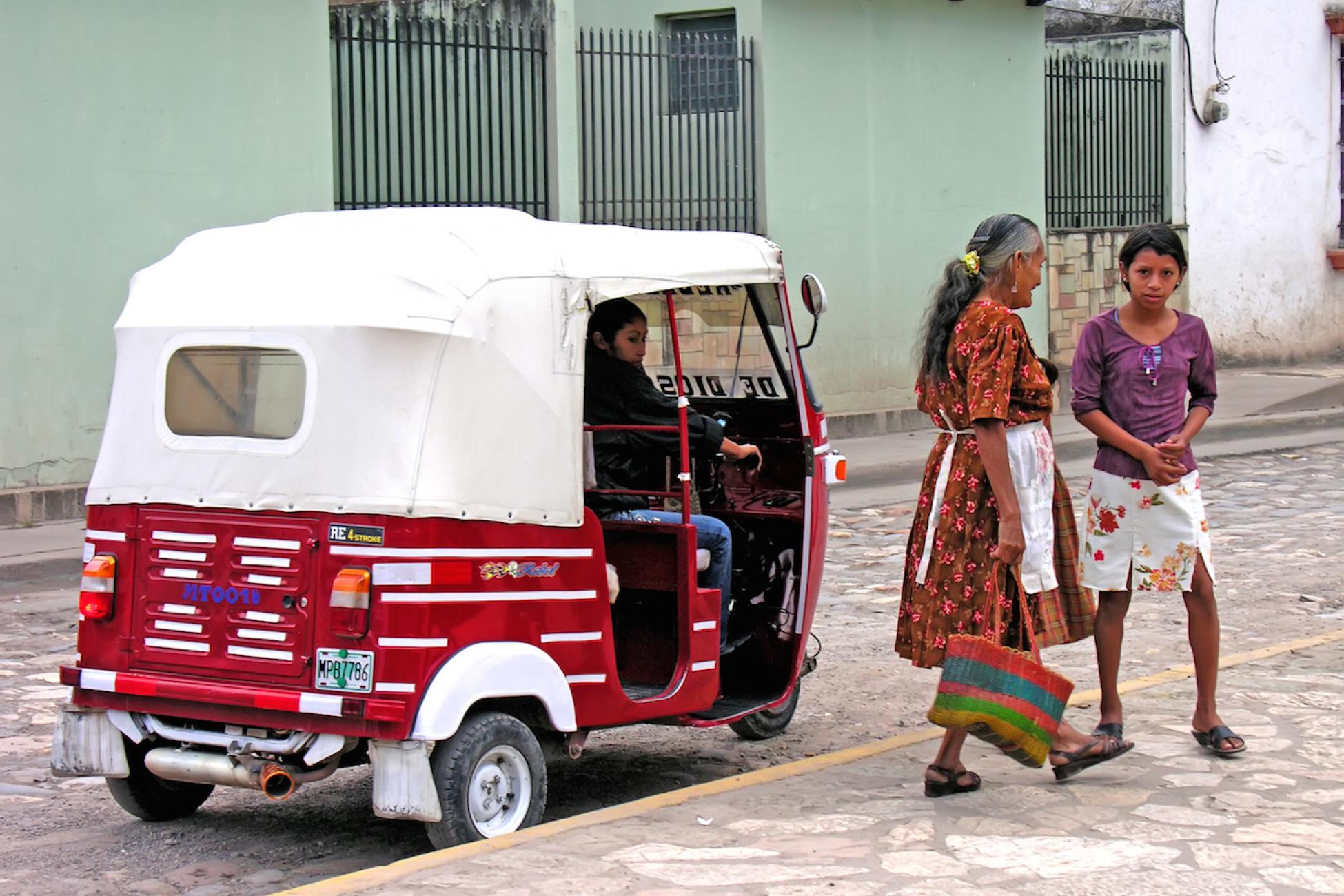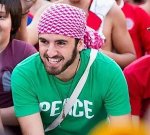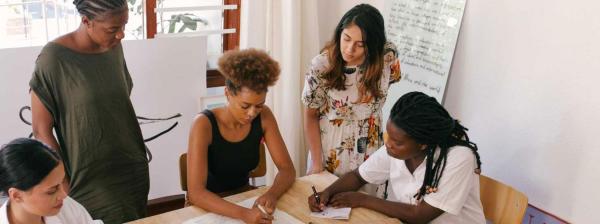It’s been six months since I came to Honduras to work as a indigenous people's rights advisor and I'm now halfway through my Cuso International contract. It's been my first mission abroad and the idealistic feelings I brought with me are disappearing, now that I've seen the harsh realities that indigenous communities deal with every day.
In my brief time here, I've gone from having an exhilarating sense of joy at being able to do something concrete that helps the oppressed, to a sense of total helplessness at the overwhelming tasks I'd assigned myself.
My goal for the first half of my stay in Honduras was threefold. First, I wanted to develop positive relationships and connections with the communities I was going to work with. Second, I wanted to conduct a thorough investigation of the local communities’ specific human needs and legal challenges. Finally, I wanted to develop a strategic plan for the defence of indigenous peoples' rights in coordination with the communities.
I did not make these goals up—they are a given for anyone trying to be of assistance to indigenous communities and work hand-in-hand with them. The most important element of the relationship is not sympathy, but empathy. There must be a positive reciprocal relationship between humanitarian workers and local communities. As an outsider, your first step is to be fully accepted by the local community. Nothing of any consequence can develop without this. You might even alienate yourself from the very people you were planning to be of service to. This crucial first step is often neglected due to the ill-conceived belief that the help being offered is what is best for the communities involved, and that they will necessarily welcome it with open arms.
The most important element of the relationship is not sympathy, but empathy.Relationships are an integral part of indigenous cultures, which are based on a person’s relationship to their family, their community, their land, their environment and the whole of the living world. Working in the area of indigenous peoples rights has a lot to do with health—personal, communal and global. And there can be no healing without human contact.
In the short time I have been here, I have had opportunities to make great connections with leaders and members of the local indigenous communities. We've begun to formulate a strategic plan in collaboration with the federation of the Maya Chorti nations, which has included identifying seven general needs that can be advocated for and protected under the general term of human rights:
1. Right to land
2. Right to health
3. Right to education
4. Elimination of all forces of oppressive policies/politics
5. Promotion of traditional occupations
6. Access to justice
7. Development of responsible institutions
In the strategic needs, specific actions have been identified for each need. For example, under "right to land," we have recommended the mapping of currently held indigenous peoples' territories. Ultimately, this will provide a clear outline of all the lands and territories legally returned to the Maya Chorti nation by the government of Honduras. This will be essentialy for defending the integrity of the indigenous peoples' territory and denouncing any exploitation of it by external parties.
Once the strategic plan is done, it will be used by the National Council of Indigenous Maya Chorti of Honduras (CONIMCHH) and other organizations as a road map to focus our activities towards the full realization of the ILO Convention 169 for the defense of indigenous peoples' rights.
Through the highs and lows of humanitarian work, I realize now that what I have been facing all along is my own self, and an opportunity to become a more human being. I am extremely thankful for the learning experience I am being given, and I am deeply grateful to the indigenous communities who have helped me far more than I could possibly hope to be able to help them during the rest of my mission here.
I am greatly looking forward to the second half of the extraordinary learning adventure I embarked on half a year ago. I am thankful for all the support and help I have received until now, especially from the communities who have kindly opened their homes and their hearts to me. Together, and in solidarity with the First Nations, we can really make a change in a world that, at times, can seem desperately inhospitable.
Add this article to your reading list




